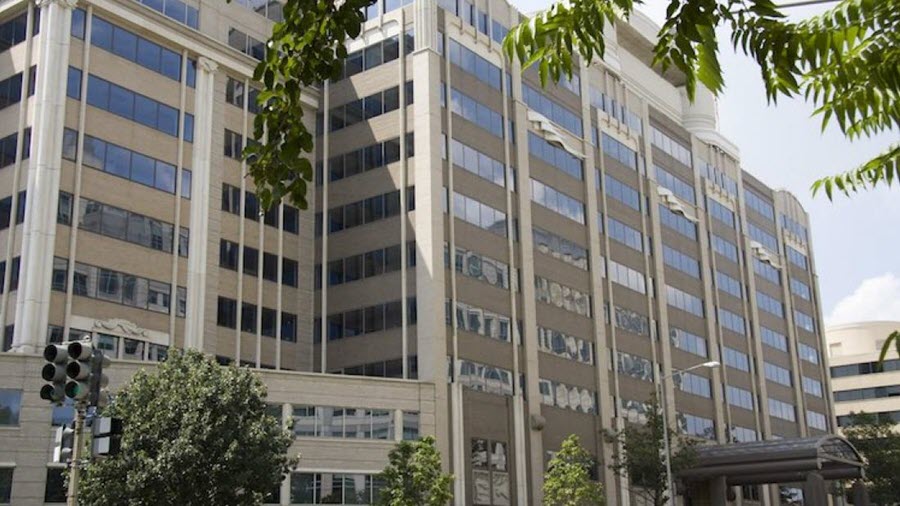FCC Test Concludes WiFi Can Share 5.9 GHz Band

The smarter way to stay on top of the multichannel video marketplace. Sign up below.
You are now subscribed
Your newsletter sign-up was successful
WASHINGTON — The Federal Communications Commission has concluded that devices it tested demonstrate that WiFi can share the 5.9 GHz band with existing connected car technologies.
The FCC released the results of the testing Monday (Oct. 29) and sought comment on those results, as well as on the fact that there have been developments since the testing began, including new app-based vehicle communications systems and the limited introduction of the dedicated short-range communications (DSRC) technologies, so asked for input on those, too.
"We found the prototype devices [nine devices submitted by Cisco, Qualcomm, KEA Tech, Broadcom, and CAV technologies] reliably detected DSRC signals," the FCC's Office of Engineering and Technology (OET) said.
"The prototypes were designed to prevent interference by detecting DSRC signals and then either vacating the spectrum entirely or sharing a portion of the spectrum with non-safety related communications using techniques similar to WiFi sharing," the FCC said.
FCC chairman Ajit Pai signaled last week to be on the lookout for those test results. The FCC wants initial comments on the results by Nov. 28 and replies by Dec. 13.
NCTA-The Internet & Television Association has been asking the FCC to take a "fresh look" at the 5.9 GHz spectrum band that currently is designated for vehicle-to-vehicle (V2V) ITS (intelligent transportation system) use, including whether that 75 MHz of spectrum should be freed up entirely for unlicensed WiFi. NCTA has argued that the set-aside has proved a waste of government money and an experiment that failed.
The government set aside that spectrum almost two decades ago (1999) for intelligent vehicle systems, but the technology has yet to materialize, the Obama-era planned mandate of DSRC hasn't, either, under the new Trump administration, and some car companies are looking at alternative approaches to vehicle-to-vehicle (V2V) communications (notably Qualcomm's Cellular Vehicle-to-Everything (C-V2X) technology).
The smarter way to stay on top of the multichannel video marketplace. Sign up below.
Related: Trump Said to Be Backing Away from DSRC Mandate
NCTA already had some advice for the FCC on Monday: “OET's test report makes it clear that WiFi can operate safely in the 5.9 GHz band," NCTA said in a statement. "With this testing complete, and a congressional mandate to free up new spectrum for unlicensed uses, now is the time to move forward. Given fundamental changes in both the wireless broadband and automotive safety landscapes, the FCC should take a fresh look at how 5.9 GHz spectrum can be an important element in delivering Gigabit WiFi and fulfilling our nation’s agenda of delivering ubiquitous broadband to all Americans.”
“The results of these tests prove that WiFi can successfully operate in the 5.9 GHz band without causing harmful interference," said WiFi Forward, a WiFi advocacy groups whose members also include ISPs and equipment manufacturers. "But the facts on the ground have changed and further testing of co-channel operation with DSRC is no longer relevant. So while some parties will seek years of additional testing to try to stall FCC action, it is now time for the FCC to issue a new further notice that brings Americans Gigabit broadband and asks whether it should continue to support the failed DSRC experiment.”
“Nearly two years after the deadline for completing a three-phase test plan to determine whether auto safety and Wi-Fi can share the 5.9 GHz band, this agency is releasing the results of its lab testing," said Commissioner Jessica Rosenworcel. "These results are long overdue. But we need to do more than just make our work public. We need to start a rulemaking to take a fresh look at this band and its real possibilities.”
Contributing editor John Eggerton has been an editor and/or writer on media regulation, legislation and policy for over four decades, including covering the FCC, FTC, Congress, the major media trade associations, and the federal courts. In addition to Multichannel News and Broadcasting + Cable, his work has appeared in Radio World, TV Technology, TV Fax, This Week in Consumer Electronics, Variety and the Encyclopedia Britannica.

